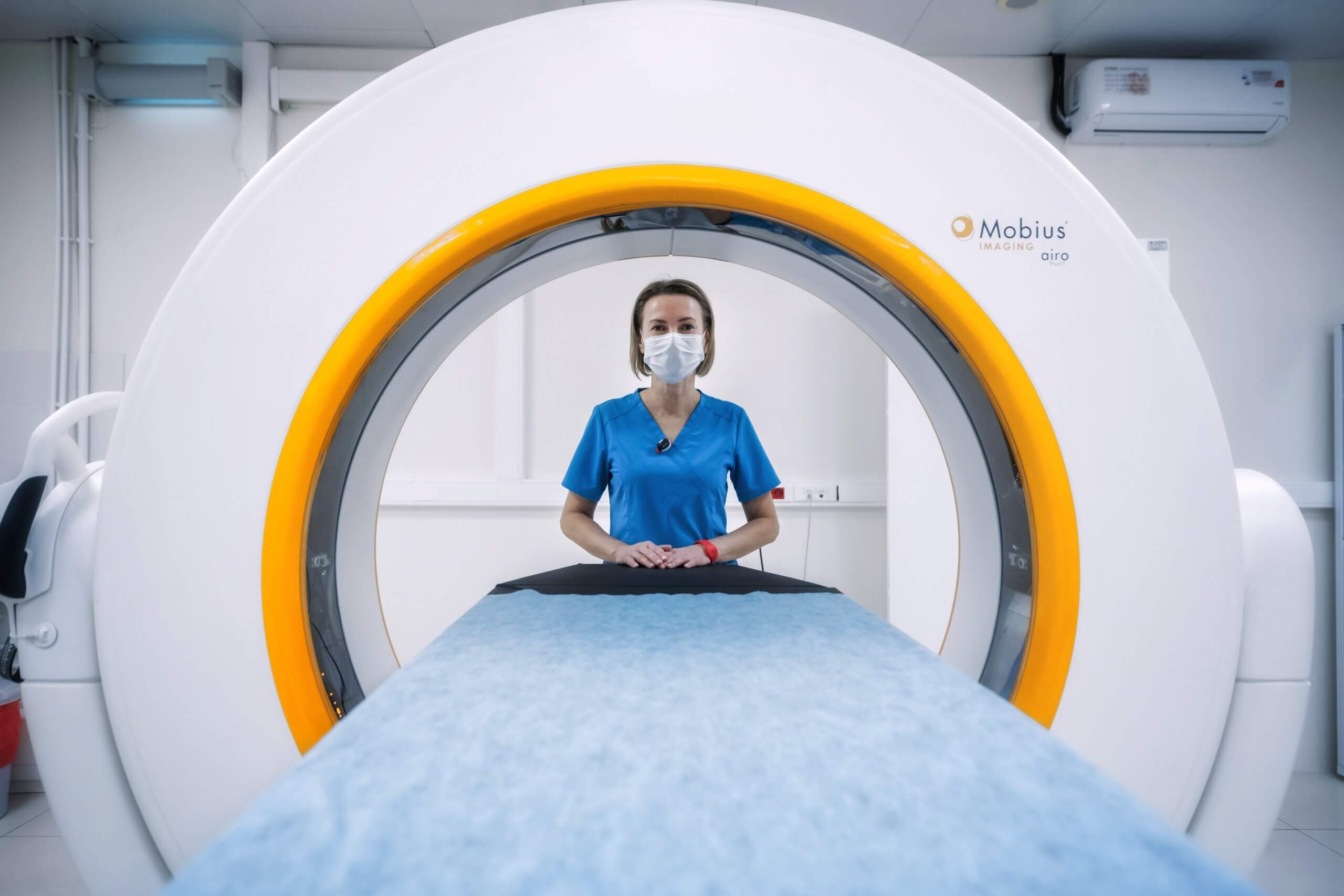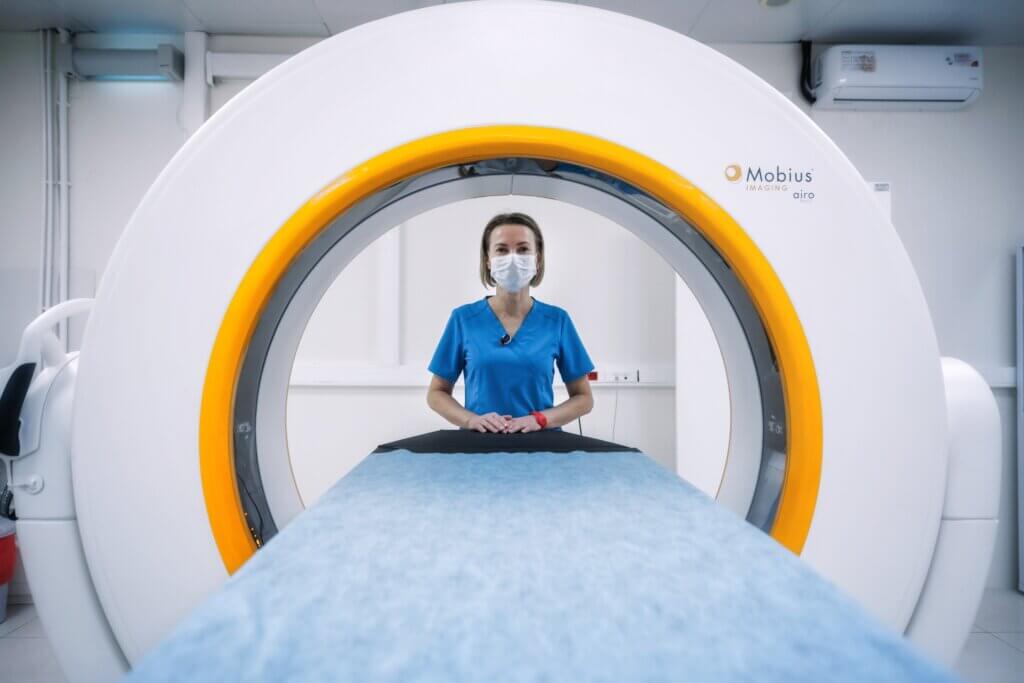Title: “Unveiling the Fanatic Brain: MRI Study Shows How Soccer Fandom Impacts Emotions and Behaviors”

Chicago – Soccer fans, known for their unwavering team loyalty and passion, exhibit distinct patterns of brain activation that correlate with positive and negative emotions, according to a study presented at the annual meeting of the Radiological Society of North America (RSNA). Led by Francisco Zamorano Mendieta, Ph.D., the research explores the implications of these findings beyond sports, touching on fanaticism in areas such as politics.
The study, conducted by Dr. Zamorano and his team, aimed to uncover the behaviors associated with extreme rivalry, aggression, and social affiliation within fanatical groups. “This study aims to shed light on the behaviors and dynamics associated with extreme rivalry, aggression and social affiliation within and between groups of fanatics,” said Dr. Zamorano.
Deep-seated rivalries in sports often elicit strong emotional responses from fans, and the study focused on 43 healthy male volunteers supporting rival Chilean football teams. Participants, divided into two groups based on team allegiance, underwent functional MRI (fMRI) scans while watching a compilation of matches.
The fMRI results revealed distinct changes in brain activity when participants witnessed their team succeed or fail. Dr. Zamorano explained, “When their team wins, the reward system in the brain is activated. When they lose, the mentalization network can be activated, taking the fan to an introspective state. This may mitigate some of the pain of the loss.”
The study delves into the inhibition of specific brain hubs, connecting emotional and cognitive control centers. Dr. Zamorano noted that this inhibition increases the likelihood of disruptive or violent behavior in fans.
While the study focuses on soccer fandom, Dr. Zamorano believes the findings provide insights into broader social dynamics. “Understanding the psychology of group identification and competition can shed light on decision-making processes and social dynamics, leading to a fuller comprehension of how societies operate,” he said.
He emphasized that sports fandom offers a unique lens to analyze intense emotional investment in a less contentious context, highlighting the role of negative emotions, inhibitory control mechanisms, and adaptive strategies. The study’s insights into the neural activity of sports fans may contribute to understanding fanaticism in various social contexts.
Dr. Zamorano acknowledged the challenges of researching fanaticism in contentious areas such as politics and identity, emphasizing the unique opportunity sports fandom presents to explore the neurological foundations of extreme allegiance.












